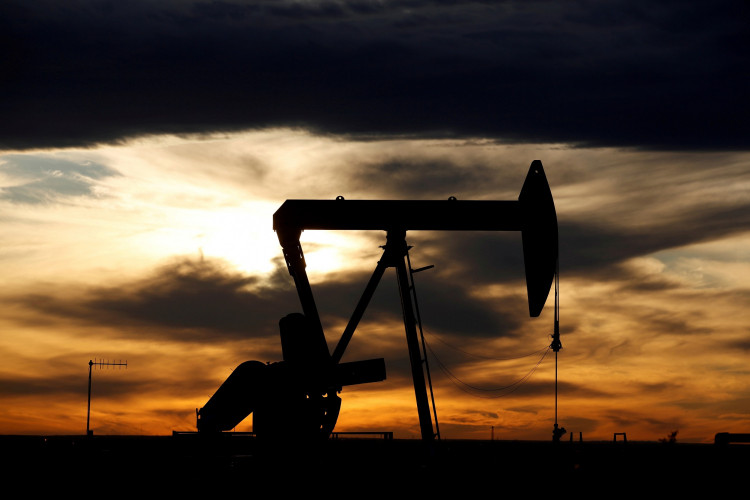A recent media survey indicates that nearly all traders and analysts anticipate Saudi Arabia's additional voluntary oil production cut of 1 million barrels per day will continue until at least August. Several representatives of the OPEC+ nations have suggested that while Saudi Arabia's decision might be unpredictable, an extension of the production cut seems plausible.
Market insiders have warned of severe damage to oil prices if Saudi Arabia abandons its production cut policy, given the fragility of market sentiment. However, a minority believe that the kingdom might surprise the market again by not extending the million-barrel cut into August. This speculation arises from the fact that the global oil market has tightened and boosted prices, allowing Saudi Arabia to safely ramp up production.
At the OPEC+ meeting in early June, Saudi Arabia unexpectedly announced an extra cut of 1 million barrels per day in July, marking the nation's largest reduction in years and lowering its production to 9 million barrels per day, the lowest level since June 2021. Saudi Arabia is the only OPEC+ member with sufficient spare capacity and storage capabilities to effortlessly reduce and increase production.
Saudi Energy Minister Abdulaziz bin Salman has hinted previously that the extra cuts in July might be extended. In order to stabilize the crude oil market, he said, Saudi Arabia will take any necessary actions. The minister implied this move was an attempt to increase suspense and discourage predictions about Saudi Arabia's plans. Stability is what the market needs, he said.
Media outlets anticipate that the Saudi Energy Minister will give further hints during his speech at an industry conference hosted by OPEC in Vienna next week.
Despite bullish oil price predictions earlier this year, the market has been weighed down by concerns over the global economy due to uncertainties surrounding worldwide economic growth led by aggressive rate hikes by various central banks. These anxieties have prevented oil prices from breaking the $75 per barrel mark, causing prolonged stagnation.
Wall Street firms like Goldman Sachs and Morgan Stanley have abandoned predictions of oil prices rebounding to $100 per barrel. Goldman Sachs noted that, although demand is strong, oil prices have fallen significantly due to banking sector pressures, concerns about economic recession, and investor outflows. Historically, prices can only gradually recover following such disruptive events, especially for long-term prices.
However, the fundamentals of crude oil don't appear to be bleak. The International Energy Agency (IEA) predicts that global oil demand will exceed supply by about 2 million barrels per day in the second half of this year due to the accelerating recovery in Asia, significantly depleting crude oil inventories. OPEC's own forecast indicates a "severe shortage" in supply. Data from the U.S. Energy Information Administration (EIA) shows that EIA's crude oil inventory sharply decreased by nearly 10 million barrels last week, continuing its previous downward trend.
Some analysts estimate that $81 is the oil price level Saudi Arabia needs to balance its own budget. The International Monetary Fund (IMF) had previously estimated that Saudi Arabia would need oil prices above $80 to finance the ambitious reforms of Crown Prince Mohammed bin Salman. Saudi Arabia's efforts to support oil prices by reducing production would actually require an oil price higher than $80.




